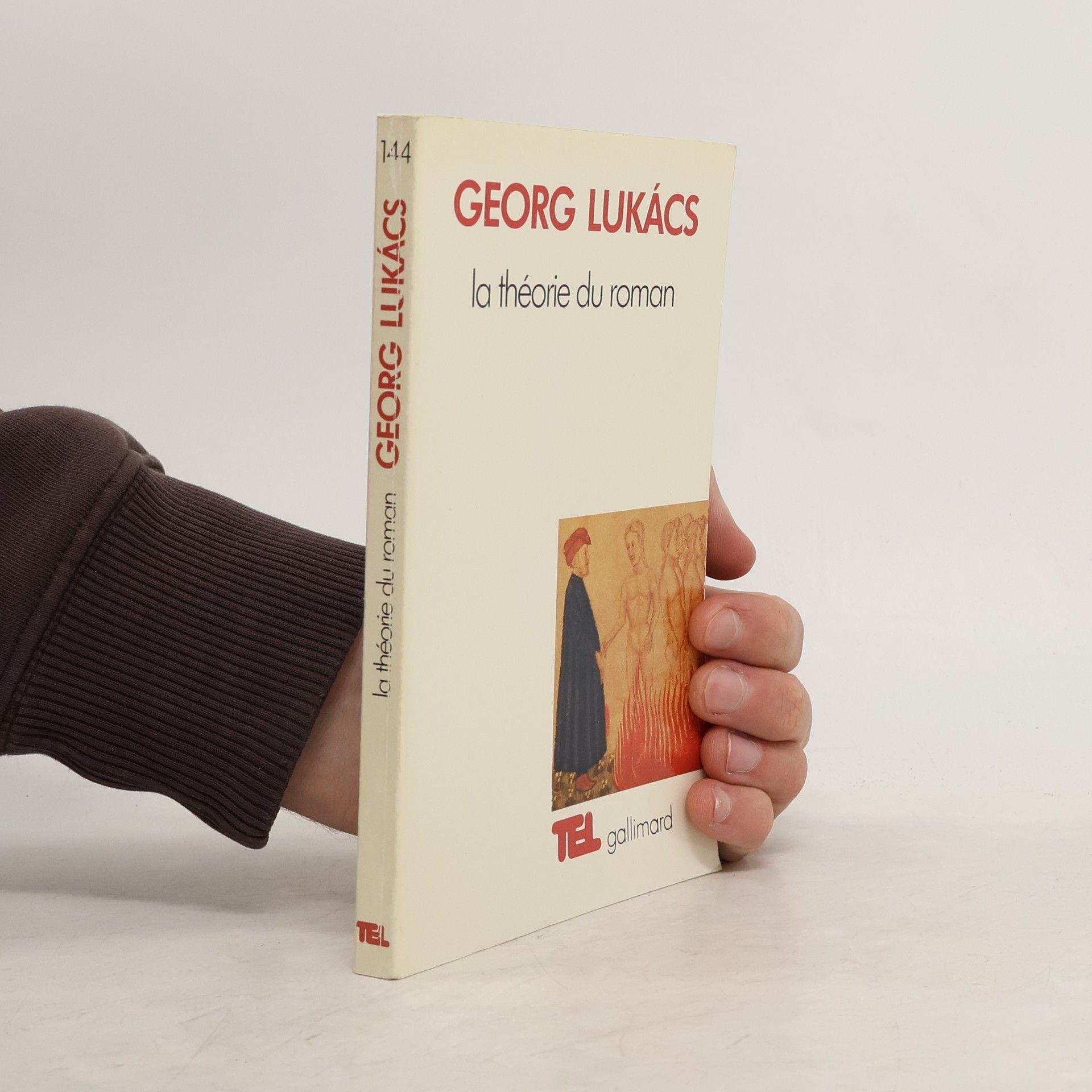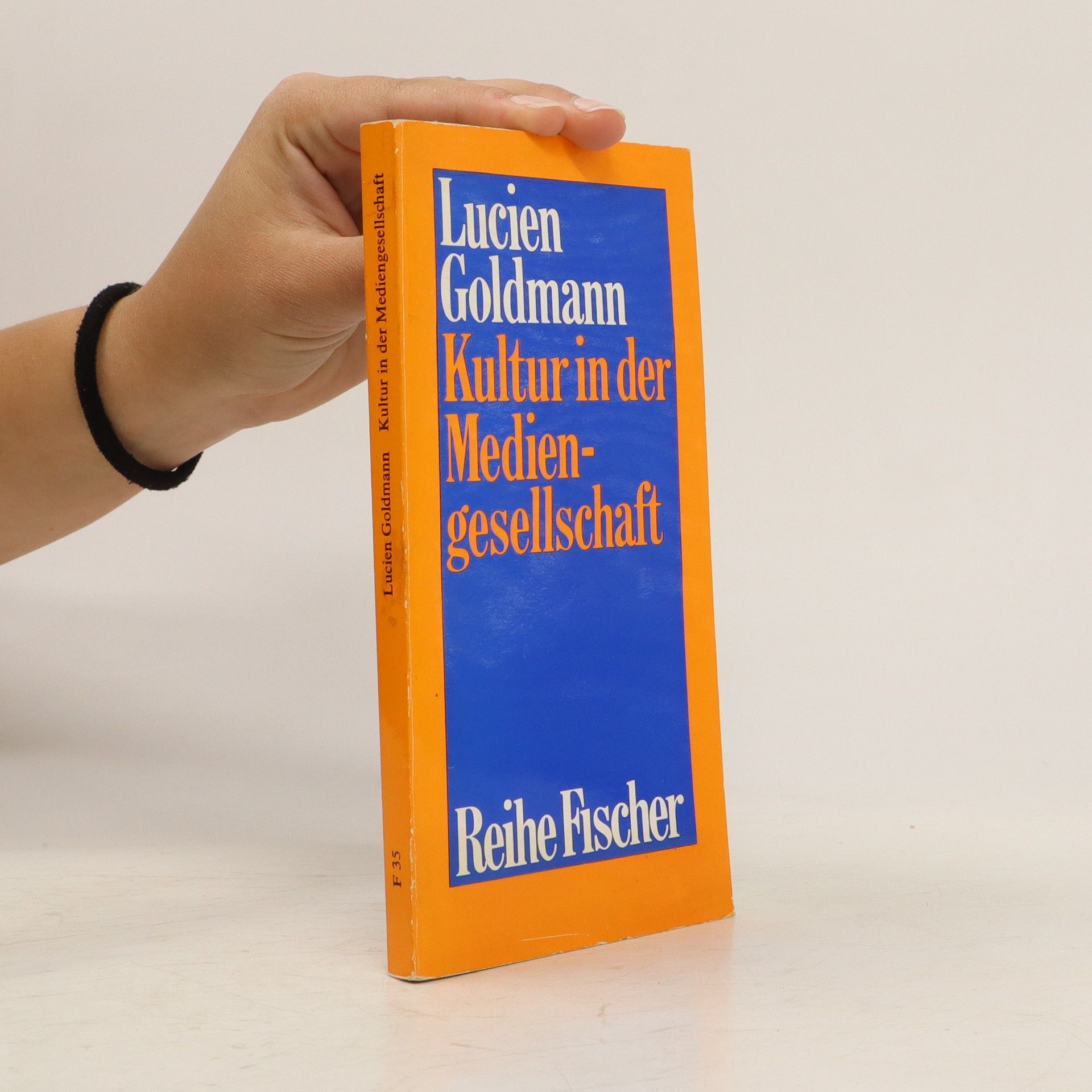Le Dieu caché
Étude sur la vision tragique dans les Pensées de Pascal et dans le théâtre de Racine
- 462bladzijden
- 17 uur lezen
L'idée centrale de l'ouvrage est que les faits humains constituent toujours des structures significatives globales, à caractère à la fois pratique, théorique et affectif, et que ces structures ne peuvent être étudiées de manière positive, c'est-à-dire à la fois expliquées et comprises, que dans une perspective pratique fondée sur l'acceptation d'un certain ensemble de valeurs.










